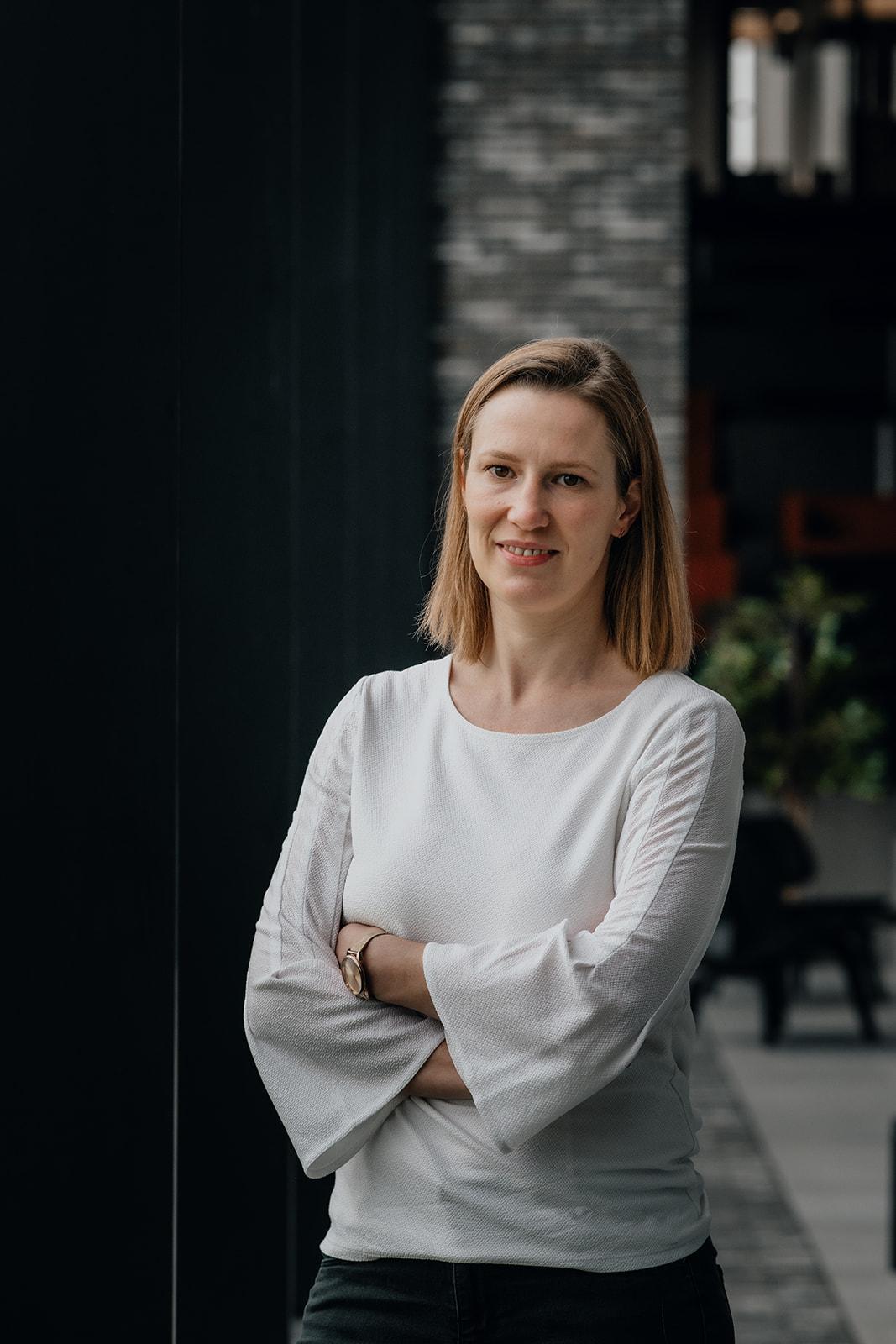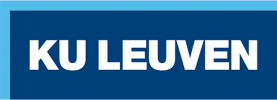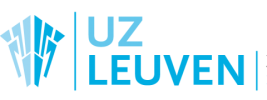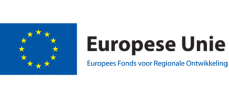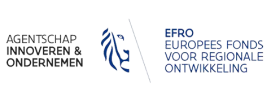Next to animal models, we offer a complete set of non-organic training models:
Simulators, plastic pelvic training boxes, 3D printed models ...
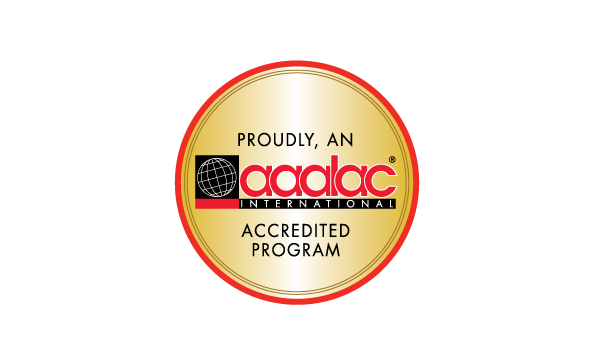
Orsi Academy attaches great importance to the general principles, requirements and responsibilities relating to animal welfare. Orsi’s veterinarians Eva & Marieke give chapter and verse.
How many different species of animals are being used as training models?
Marieke: At Orsi Academy, we use four different species of animal: chicken cadaver, dog cadaver, anesthetized live pig and sheep. During training programs with anesthetized porcine or sheep models our team of veterinarians and animal caretakers provide guidance and are ensuring the ethical succession of Orsi’s animal welfare policy.
What is the most important general principle for you that applies when working with animals?
Marieke: For all live models we implement the 3R principle of Reduction, Refinement and Replacement as much as possible. Meaning that before any animal is used for a training or a research purpose, we make efforts to find a replacement alternative. We use video, simulator, synthetic models and isolated organs in the beginning of every surgeon’s learning curve before providing wetlab training. If no justified replacement is available, then we make sure we reduce the number of animals used, for example by harvesting the organs of the used animals.
Furthermore, with a view to refinement, all members of the animal care team receive continuing education and training in order to perform anesthesia independently or recognize emergency situations. Every animal care taker at Orsi must have obtained the necessary certificates of accreditation.
”At Orsi Academy, we use four different species of animal: chicken cadaver, dog cadaver, anesthetized live pig and sheep
So the animals don’t suffer any pain in the training programs?
Eva: As veterinarians, it is our priority to make every step in this process as comfortable as possible for the animals. We aim to keep the level of stress and pain at its lowest by providing a specific anaesthetic protocol that takes into consideration the type of surgery as well as the expected pain intensity. We establish this in cooperation with the Faculty of Veterinary Medicine of the University of Ghent.
What ethical or legal oversight is there for the procedures that you carry out?
Eva: All our programs in which animals are needed are approved by an independent ethical committee. Only when a program is deemed necessary and justifiable by this committee, it will be performed at Orsi Academy. We are an active member of the Belgian Council for Laboratory Animal Science and the European Animal Research Association. All animal programs are in compliance with Belgian and European legislation on protection of animals used for scientific purposes.
In 2019, we also signed a transparancy agreement on animal research drawn up by BCLAS, where we commit to communicate in an open and proactive way about animal research.


